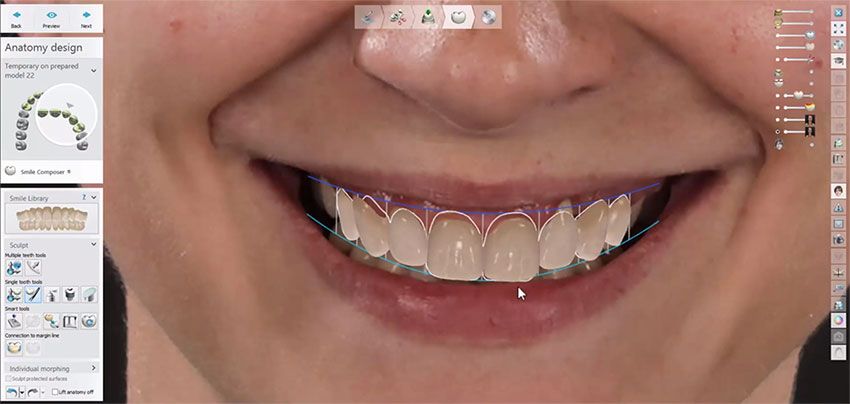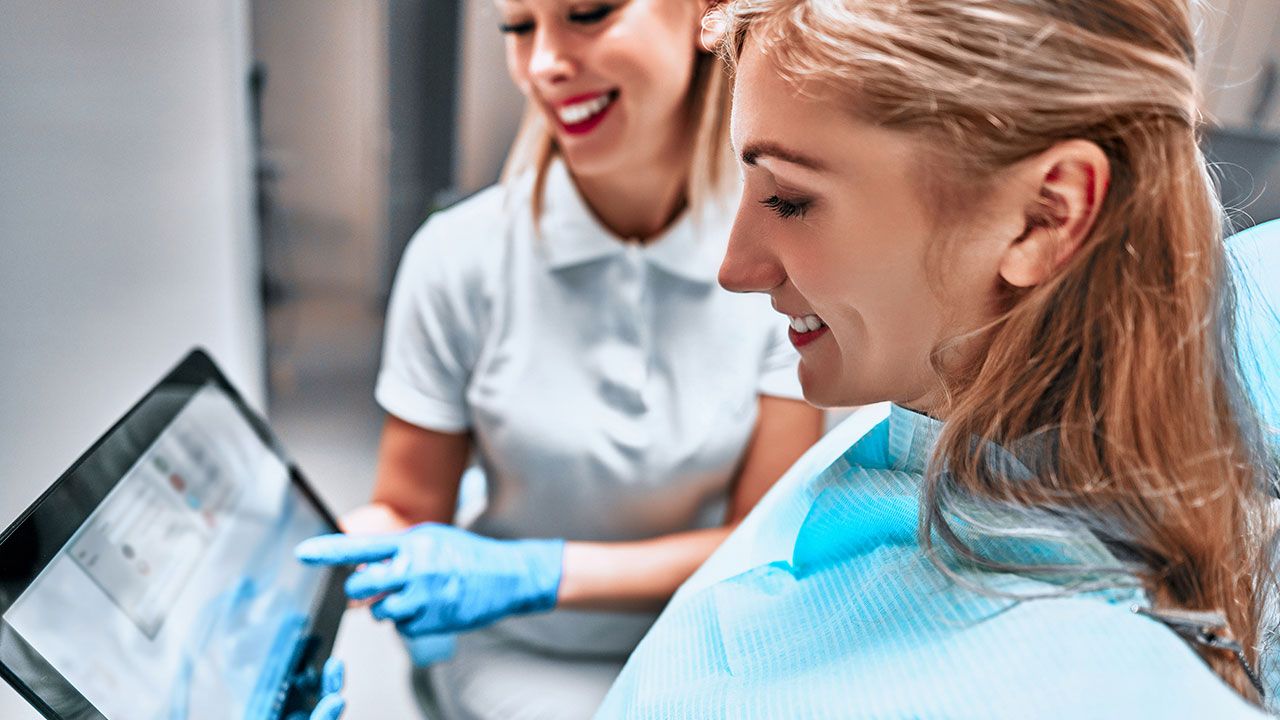How patient experience became my biggest referral tool
Your patients are your biggest advocates, the greatest referral tool and the easiest, most cost-efficient way to spread the word about your clinic.
While at 3Shape we’re happy to explain why digital dentistry equipment keeps patients coming back, you don’t have to take our word for it. What do dentists themselves have to say?
In this first installment of a two-part series, we asked Dr. Naren Rajan – a doctor based in New Jersey, USA, to reflect on this. He first started using a digital impression scanner in 2015. Our first topic of conversation – improving patient care. From the patient’s perspective.
The transparency of digital dental technology leads to trust
"Once we started incorporating digital dental technology such as intraoral scanning into diagnostic visits and using that as an educational tool, it became a way to show patients what was happening in their mouths. This created transparency in our work and its process, and I believe that leads to trust with new patients.
We really saw the most growth in the scope of the level of care that we can provide our patients, and also beyond just trying to fix a single problem. Maybe the patient has a single broken tooth, but they're not aware that they have a more comprehensive issue. And really, you know, I think the exciting growth in our practice happened after using digital scanning as a diagnostic tool.
“Really, I think the exciting growth in our practice happened after using this as a diagnostic tool.”
Since then, we've been involved with more comprehensive cases, Smile Design kind of cases, reconstructive cases, etc., than we ever were before. And this is because we moved to this kind of equipment and tools. And that, I think, is something that's difficult to express on an ROI Calculator."

The single tool that improved patient perception
"I think probably the most impactful change in my practice has been from using all of the tools that are included within the TRIOS full package. So, using the Patient Monitoring, using the Patient-specific Motion, the TRIOS Smile Design, and really incorporating that into our daily communications with the patient. That has really impacted our ability to differentiate our clinic from neighboring clinics."
Getting referrals because of digital dental technology
"Plus, I found myself actually become a kind of regional opinion leader in my town. It's led to many more referrals with my specialist partners because they see the level of data that I'm collecting and how I'm interpreting it.
I've sort of become the specialist in the area for many of the other specialists. The surgical specialists, for example. In my mind, that really traces back to getting started with the TRIOS.
We think that the patient being an advocate – a dentist’s most personal form of marketing – is often overlooked. Do you see that patients talk to their friends or family? And do new patients then come to you asking for this dental impression technology?
“I don't think existing patients always realize that not every dental practice in our area is utilizing technology the way that we are.”
I do see that happening. Patients are definitely very impressed with our ability to do this. Now, we practice in the New York area, and I think that the average patient, and I don't think they mean to do this, but they expect that the practice or clinic they're going to visit will have the highest-level technology – the very best equipment and tools."
Patients expect that all other dentists do it, too
"We do need to speak about this I don't think existing patients always realize that not every dental practice in our area is utilizing technology the way that we are. Because I think they almost expect that if we're doing it, that all the other people are doing it, too. And I don't believe that's the case, actually. In fact, I know that it isn’t.

If they used another dentist, they’d see the difference in patient care via the technology used – or not used. But of course, it’s best to keep patients first rather than have them returning later once they realize the difference."
This level of patient care is now a given
"They would ask: "Why are we taking impressions?" Or, "My other dentist was able to take photographs and show me what I might look like," or, "He was able to show me my mouth changing over time," and things like this. And so, I don't think a lot of my patients have really seen or heard of these types of things – because they are used to the experience that I give them. The great care, ease of use/experience has become normal for them. It’s a given.
But when I see new patients that are coming from a neighboring clinic or a retiring dentist, I can pretty much guarantee that I'm going to give them a very different ‘new patient dental experience’ than the one they've had in the past."